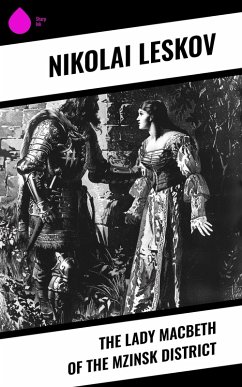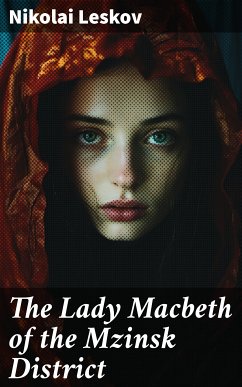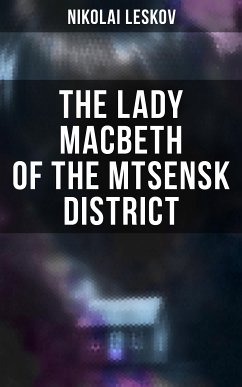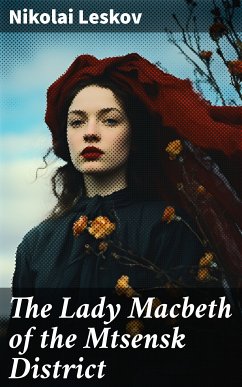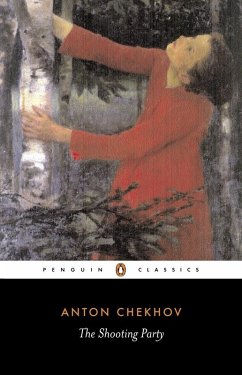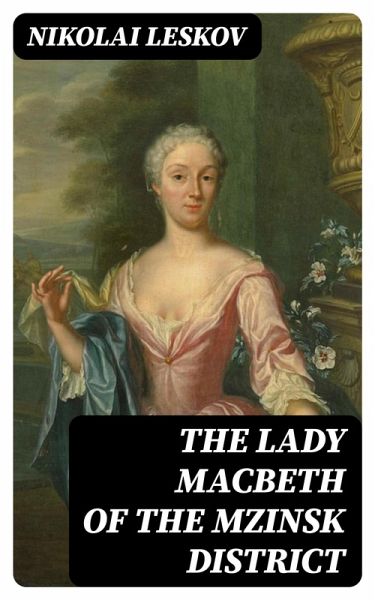
The Lady Macbeth of the Mzinsk District (eBook, ePUB)
Versandkostenfrei!
Sofort per Download lieferbar
1,99 €
inkl. MwSt.
Weitere Ausgaben:

PAYBACK Punkte
0 °P sammeln!
Nikolai Leskov's novella, "The Lady Macbeth of the Mzinsk District," intricately weaves a tale of ambition, desire, and the chilling consequences of pursuing power at any cost. Set against the backdrop of rural Russia, Leskov employs a rich, often lyrical prose that combines realism with psychological depth, showcasing the moral decay of its characters. The story revolves around the formidable Katerina Izmailova, whose ruthless pursuit of her desires leads to a gripping downfall, echoing Shakespearean themes of femininity, ambition, and tragedy. Leskov's narrative style is marked by regional d...
Nikolai Leskov's novella, "The Lady Macbeth of the Mzinsk District," intricately weaves a tale of ambition, desire, and the chilling consequences of pursuing power at any cost. Set against the backdrop of rural Russia, Leskov employs a rich, often lyrical prose that combines realism with psychological depth, showcasing the moral decay of its characters. The story revolves around the formidable Katerina Izmailova, whose ruthless pursuit of her desires leads to a gripping downfall, echoing Shakespearean themes of femininity, ambition, and tragedy. Leskov's narrative style is marked by regional dialects and vivid descriptions, immersing readers in the cultural and societal norms of 19th-century Russia. Nikolai Leskov, a contemporary of Tolstoy and Dostoevsky, draws on his experiences in the Russian countryside and Russian Orthodox beliefs to craft this morally complex tale. His exposure to different social strata and deep understanding of human nature are evident in Katerina's character, reflecting the often conflicted state of women in patriarchal societies. Leskov's ability to fuse social commentary with compelling storytelling makes this work a significant contribution to Russian literature. For readers intrigued by psychological narratives that explore the darker corners of ambition and morality, "The Lady Macbeth of the Mzinsk District" serves as a poignant exploration of the human condition. Leskov's masterful storytelling captivates and challenges readers to reflect on the inherent consequences of unbridled desire, making this novella a timeless classic that resonates profoundly in today's world.
Dieser Download kann aus rechtlichen Gründen nur mit Rechnungsadresse in A, B, BG, CY, CZ, D, DK, EW, E, FIN, F, GR, H, IRL, I, LT, L, LR, M, NL, PL, P, R, S, SLO, SK ausgeliefert werden.




